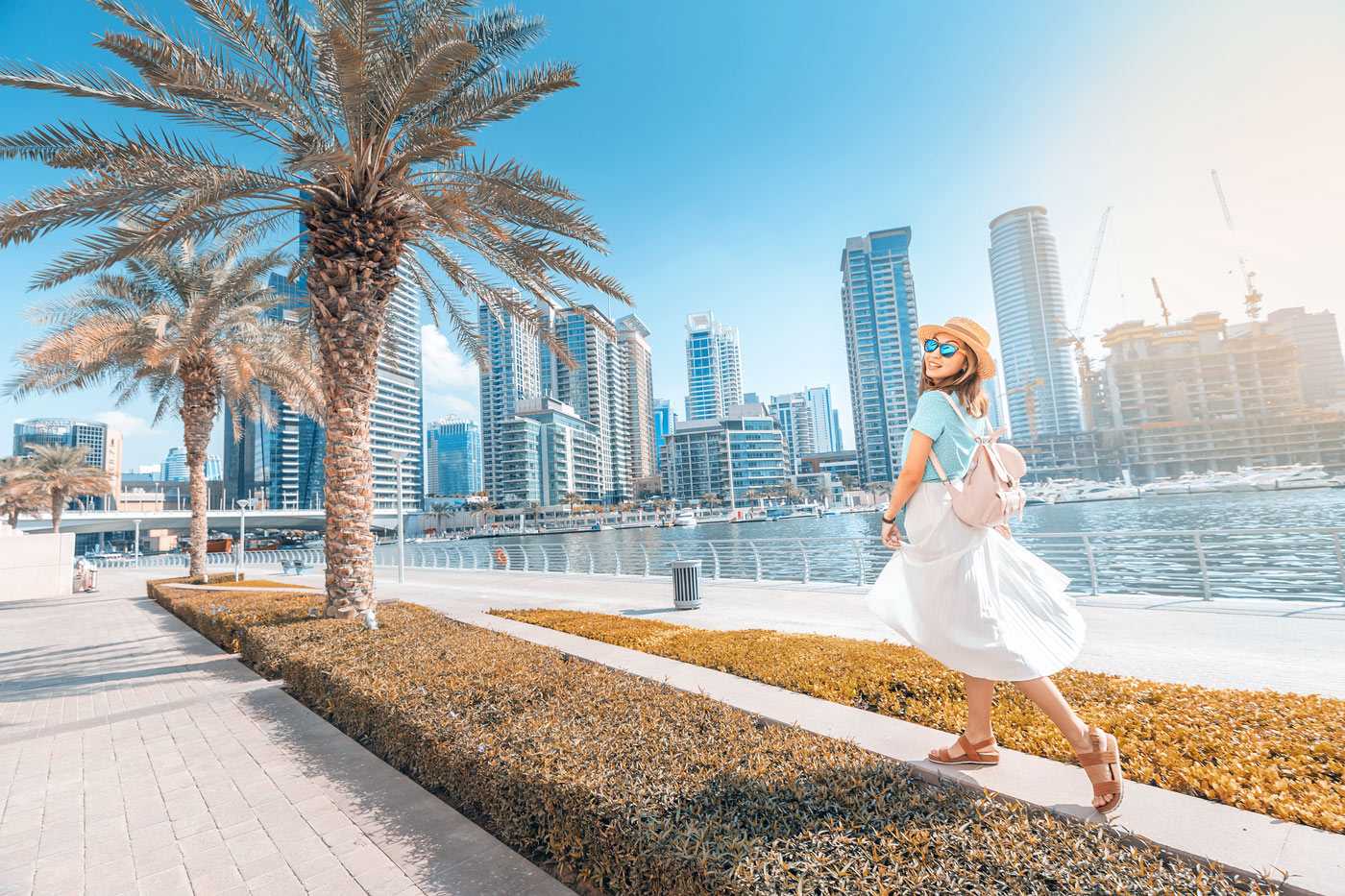

Tourism is more than leisure—it’s a strategic tool for diplomacy. In an era marked by geopolitical tension, cultural fragmentation and economic uncertainty, tourism offers a rare form of soft power: one that builds bridges, fosters empathy and reshapes global narratives.
According to the UN World Tourism Organization’s World Tourism Barometer, 1.4 billion international tourists traveled globally in 2024—an 11% increase over 2023 and a 99% recovery compared to pre-pandemic levels. Tourism export revenues reached a record USD 2 trillion, surpassing 2019 figures in real terms. These numbers reflect more than economic resurgence—they signal tourism’s growing role in global engagement.
Grassroots Diplomacy in Action
Unlike traditional diplomacy conducted in government halls, tourism diplomacy happens in everyday spaces—markets, museums, neighborhoods and natural wonders. It’s driven by local guides, hoteliers, artists and communities who create moments of connection.
A meal in Jeddah, a hike in Petra or a festival in Fez can do more to dissolve stereotypes than dozens of policy papers. These experiences turn travelers into informal ambassadors, returning home with stories that challenge division and promote respect.
UNESCO World Heritage Sites are more than tourist attractions—they’re cultural assets that transcend borders. Visiting the Pyramids of Egypt, AlUla in Saudi Arabia or Angkor Wat in Cambodia is a reminder of our shared human legacy and the global responsibility to preserve it. UNESCO encourages these sites to act as “ambassadors for peace,” integrating cultural diplomacy into their management and storytelling.
Global events like Expo 2020 Dubai or the FIFA World Cup in Qatar further demonstrate how destinations can become platforms for dialogue and cooperation.
Tourism in MENA: Rewriting Narratives
The Middle East and North Africa (MENA) region has long been a crossroads of civilizations. Today, countries across the region are leveraging tourism to revive that legacy and reshape global perceptions.
- Saudi Arabia has placed tourism at the heart of its Vision 2030 strategy, aiming to attract 150 million annual visitors by 2030.
- Oman is positioning itself as a leader in sustainable travel, investing over OMR 44 million in eco-tourism projects across protected nature reserves.
- Egypt welcomed over 15.7 million visitors in 2024, with the Grand Egyptian Museum poised to redefine its cultural appeal.
- Jordan continues to expand adventure tourism through initiatives like the Jordan Trail and heritage village trails, supported by new flight routes and digital infrastructure. Tourism income is forecast to reach USD 7.7 billion this year, up 6%.
These efforts are not just about attracting tourists—they’re about nation branding, economic diversification and fostering people-to-people diplomacy.
Tourism reminds us of what unites us. Whether standing before Machu Picchu, exploring Athens’ temples or hiking in Asir, travelers connect with history, nature and shared human achievement—not politics.
Positive tourism experiences have a measurable impact on national reputation. Countries perceived as great places to visit are also seen as attractive for investment, education and collaboration.
Tourism as a Peace Dividend
As technology reshapes the travel experience—through artificial intelligence (AI) personalization, digital identities and blockchain-enabled bookings—the core of tourism needs to be rooted in diplomacy and inclusion. To harness its full potential, governments and industry leaders should:
- Promote sustainable tourism that protects culture and nature.
- Invest in inclusive tourism that empowers local communities.
- Use innovation to make travel more accessible and meaningful.
Tourism may not solve the world’s deepest divides, but it can soften them—one interaction, one conversation, one shared experience at a time. In a world of rising walls, tourism remains a passport to unity.
Mark Twain was on the money when he said, “Travel is fatal to prejudice, bigotry and narrow-mindedness.” The more we move, the more we understand. And in that understanding, diplomacy begins.


